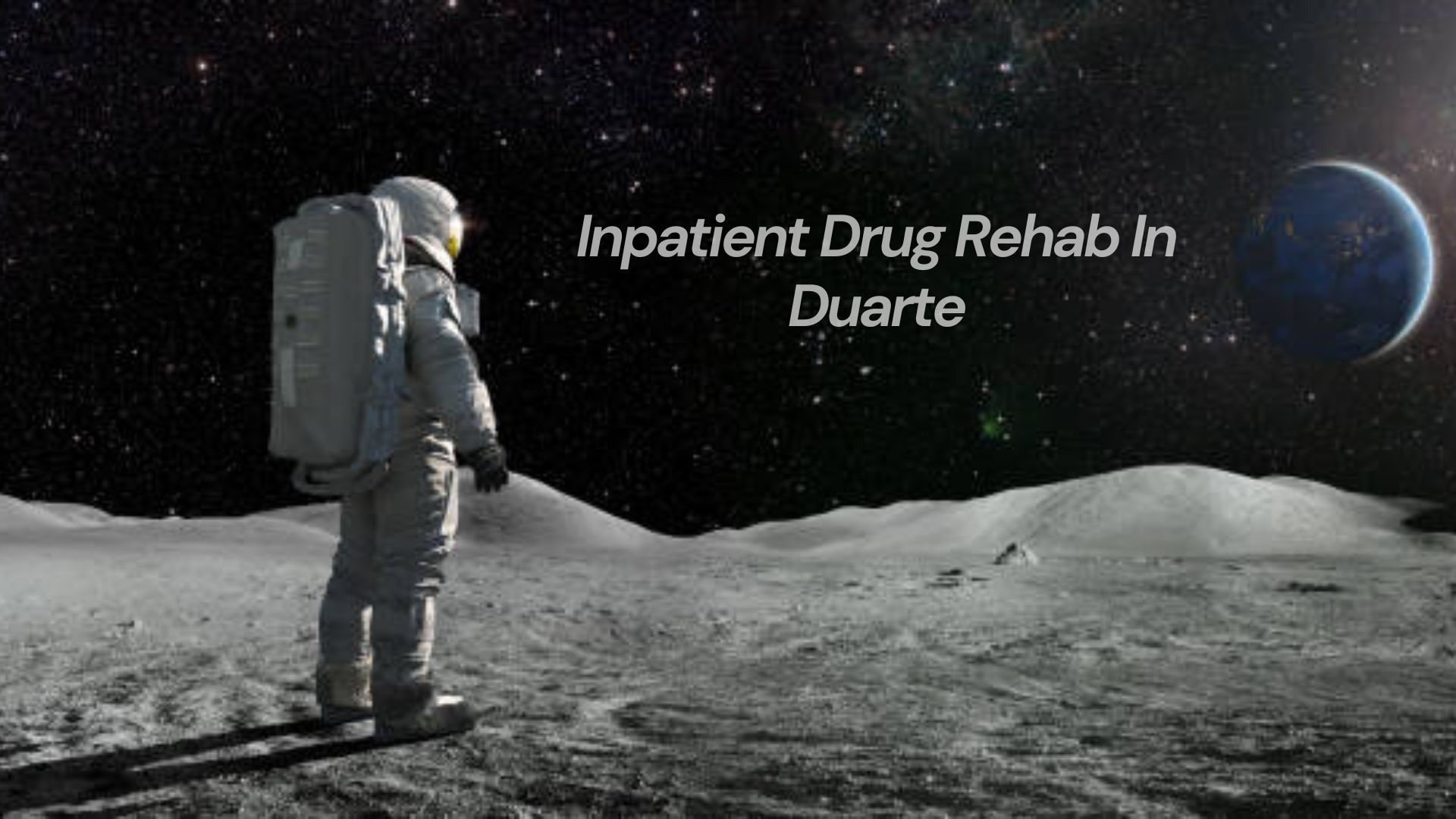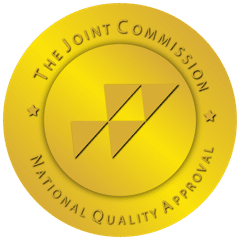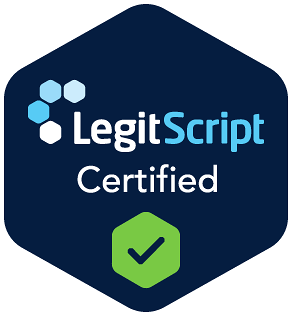Choosing the right drug rehab program is one of the most critical decisions on the path to recovery. With various treatment options available, understanding the differences between them is essential for selecting the right fit for your unique situation. At Lift Off Recovery in Anaheim, we offer a range of drug rehab programs to meet diverse recovery needs, providing tailored care and support for every step of the journey.
This guide examines the various types of drug rehab programs, providing the insights you need to make an informed decision for a successful recovery journey.
What Are Drug Rehab Programs?
Drug rehab programs are structured to help those overcoming substance use disorders by addressing physical, emotional, and behavioral aspects of addiction. They combine medical care, therapy, and support services, aiming to provide the tools necessary for lasting sobriety.
At Lift Off Recovery, our programs cater to varying levels of need, from intensive care for severe addiction to flexible options for those transitioning back into daily life. The types of programs typically include inpatient, outpatient, and intensive outpatient treatment.
Inpatient Drug Rehab: Comprehensive 24/7 Care
Inpatient drug rehab, also called residential treatment, is the most intensive form of care. Clients live at the facility during the program, receiving round-the-clock medical and therapeutic support.
Key Features of Inpatient Rehab
1. 24/7 Medical Supervision
Inpatient programs provide constant access to healthcare professionals, making them ideal for those at risk of severe withdrawal symptoms or medical complications. This level of care ensures safety during the critical detox phase and beyond.
2. Structured Environment
The residential setting offers a stable, controlled environment free from outside distractions or triggers. This structure allows clients to focus solely on their recovery without the stresses of everyday life.
3. Comprehensive Therapy Options
Inpatient programs typically offer individual counseling, group therapy, and holistic practices such as mindfulness or yoga. This diverse approach targets the root causes of addiction while supporting overall well-being.
4. Community Support
Living with others on similar recovery paths builds camaraderie while fostering accountability. Group sessions provide a space to share experiences, offering encouragement and reducing feelings of isolation.
Learn more about our inpatient drug rehab program and its benefits.
Outpatient Drug Rehab: Flexible and Accessible
Outpatient drug rehab is a more flexible treatment option that allows clients to live at home while attending scheduled therapy sessions. This type of program is well-suited for those with milder substance use disorders or a strong support system at home.
Key Features of Outpatient Rehab
1. Flexibility
Outpatient programs accommodate work, school, and family obligations. Clients can attend therapy sessions during the day or evening, making it easier to balance treatment with daily responsibilities.
2. Cost-Effectiveness
Since outpatient care does not require accommodations or round-the-clock supervision, it is generally more affordable than inpatient programs. This makes it a viable option for those seeking effective treatment on a budget.
3. Access to Home Support
Living at home allows patients to remain close to loved ones, who can play a vital role in their recovery. A stable, supportive home environment is crucial for success in outpatient care.
4. Personalized Treatment
Outpatient programs are tailored to each person’s needs, focusing on therapy, education, and relapse prevention strategies.
Intensive Outpatient Programs (IOP): A Balanced Approach
Intensive Outpatient Programs (IOP) provide a middle ground between inpatient and outpatient rehab. While clients live at home, they attend structured therapy sessions several times a week for an extended duration. IOP is often recommended for those transitioning from inpatient care or those needing more support than standard outpatient treatment offers.
Key Features of IOP
1. Structured Treatment
IOP combines the structure of inpatient care with the flexibility of outpatient programs. Sessions typically include individual therapy, group counseling, and educational workshops.
2. Focus on Relapse Prevention A significant portion of IOP focuses on identifying triggers, developing coping strategies, and creating relapse prevention plans—skills essential for maintaining sobriety after treatment.
3. Peer Support Group therapy sessions allow clients to connect with others who understand the challenges of recovery. Sharing experiences fosters a sense of community and accountability.
4. Customization IOP programs at Lift Off Recovery are tailored to each person’s needs, ensuring a comprehensive approach to their recovery journey.
Learn more about our Intensive Outpatient Programs and their role in long-term sobriety.
Partial Hospitalization Programs (PHP): High-Intensity Support
Partial Hospitalization Programs offer an even higher level of care than IOP while still allowing clients to live at home. PHP is ideal for those who need significant support but do not require 24/7 residential care.
Key Features of PHP
1. Daily Therapy Sessions
PHP typically involves full-day treatment sessions, including therapy, medical care, and skill-building workshops. This high level of engagement supports sustained progress in recovery.
2. Medical Oversight
For those managing withdrawal symptoms or co-occurring mental health conditions, PHP provides regular access to medical professionals who can monitor progress and adjust treatment as needed.
3. Transitional Care
PHP serves as a bridge between inpatient rehab and outpatient programs, offering structured support while helping patients transition back into their daily routines.
4. Holistic Care
Similar to other programs, PHP uses holistic approaches to support emotional, physical, and psychological health.
Find out more about our Partial Hospitalization Programs and how they can benefit your recovery.
Expanding Treatment Options: Dual Diagnosis Programs
For many people, substance use disorders are closely linked to mental health challenges. Dual diagnosis programs address addiction alongside underlying mental health conditions, providing a comprehensive approach to recovery. These programs are essential for individuals dealing with co-occurring disorders, such as anxiety, depression, or PTSD, which may contribute to or exacerbate substance use.
Key Features of Dual Diagnosis Programs
1. Integrated Treatment
Dual diagnosis programs combine therapy for addiction and mental health disorders. Addressing both issues at once helps reduce the risk of relapse while improving overall well-being.
2. Customized Care Plans
Every person’s mental health journey is unique and dual diagnosis programs create personalized plans that focus on their specific needs.
3. Evidence-Based Practices
Treatments such as cognitive-behavioral therapy (CBT) focus on addressing addiction triggers, while dialectical behavior therapy (DBT) helps manage mental health symptoms. These approaches are often combined for comprehensive care.
4. Improved Long-Term Outcomes
By addressing mental health conditions alongside addiction, dual diagnosis programs set a stronger foundation for lasting sobriety.
Factors to Consider When Choosing a Drug Rehab Program
Selecting the right rehab program depends on several factors, including the severity of addiction, medical needs, and personal circumstances. Here are some key considerations:
1. Severity of Addiction
- Severe addiction may require the intensive support of inpatient rehab.
- Milder cases may benefit from outpatient or IOP options.
2. Medical and Mental Health Needs
- Programs with medical oversight, like PHP or inpatient rehab, are essential for those with complex health needs.
- Outpatient programs work well for those in stable physical and mental health.
3. Home Environment
- A supportive, substance-free home environment is critical for outpatient success.
- Inpatient rehab offers a controlled environment for those without stable home support.
4. Budget and Accessibility
- Outpatient programs and IOP options are typically more affordable while offering greater accessibility.
- Insurance coverage, along with financial assistance, can make all levels of care more manageable.
The Role of Family Therapy in Drug Rehab Programs
Addiction often affects more than the person struggling with substance use; it impacts their entire support system. Family therapy plays a critical role in helping loved ones heal, rebuild trust, and learn how to support recovery.
Benefits of Family Therapy
1. Improved Communication
Family therapy promotes meaningful conversations that help clients gain a deeper understanding of each other’s perspectives and needs.
2. Rebuilding Trust
Addiction can damage relationships. Family therapy offers a safe space to address grievances while fostering the rebuilding of trust.
3. Education and Awareness
Families learn about addiction, its impact, and how to create a supportive environment for recovery.
4. Strengthened Support Systems
A strong family network can make a significant difference in maintaining long-term sobriety.
At Lift Off Recovery, we integrate family therapy into our rehab programs to ensure everyone involved is equipped with the tools to support a healthier future.
Combining Rehab with Aftercare for Long-Term Success
Completing a drug rehab program is only the first step in the recovery journey. Aftercare is essential for maintaining sobriety. At Lift Off Recovery, we provide various aftercare services, including relapse prevention planning, ongoing counseling sessions, and peer support groups. These resources equip clients with the necessary tools to navigate life after formal treatment.
Explore our aftercare services to learn how they support sustained recovery.
Choosing the Right Rehab Program
Understanding the different types of drug rehab programs available in Anaheim is essential for making an informed decision about your recovery journey. Whether you need intensive support via inpatient rehab, the flexibility afforded by outpatient care, or the balanced approach of IOP, Lift Off Recovery offers a program to meet your needs.
If you are ready to take the next step, contact Lift Off Recovery today. Our compassionate team will guide you to the right treatment plan, ensuring support throughout your recovery journey. Contact us today to begin your journey toward sobriety and a healthier future.






